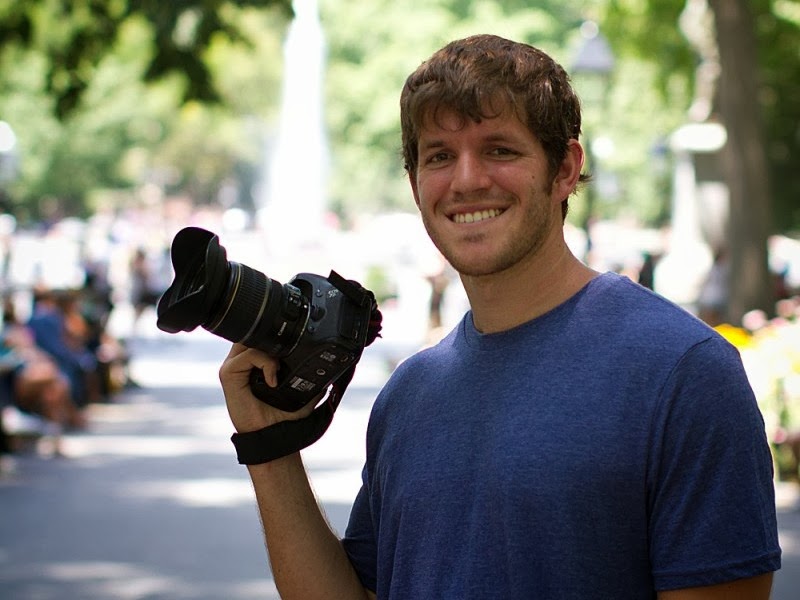When I arrived at home on Friday after school, a giant package sat on my counter. I scanned the plastic covered structure only to find that it had come from restoration hardware, a home design store which no one in my family has ever shopped at. I immediately asked my mom what it was, since the package was addressed to her, and she responded that it was a stack of catalogues from Restoration Hardware, that she had not sent away or anything. The unsightly stack was later (painfully for the environment) put into our garbage as we had no use seemed to reveal a lot about the growing issue of "big data", and whether or not companies should have regulations on the amount of our personal information that they can gain access to.
As many have begun to learn, people we don't know have a lot of information about us. Simply put by CNN, "data brokers, analytics firms and retailers are creating hundreds of 'secret' consumer scores." There are companies out there, such as Acxiom; PeekYou and Rapleaf, that take inventory of your personal information, and sort people into groups. Americans are giving out information without even realizing it, as the Washington Post notes "more snooping goes on than most people realize". The "snooping" that these big data companies do enables them to sell to companies, such as Restoration Hardware, the news that you fit into a certain group, and therefore will be more likely to buy a certain product.
My mom, for example, has just completed redecorating our family room (hold the applause). Therefore she has spent countless amounts of time on websites looking for furnishings and decorations. And while she claims that she has never visited Restoration Hardware's website, the fact that she has visited similar sites got back to Restoration Hardware. Hence, the stack of magazines on my counter.
While Big Data is an answer to my initial question of why this lump of plastic sat on my counter Friday, it is the root of questions for many. Be it phone records, internet searches or even just the yellow pages, both corporations and the government have access to our information- and it is entirely legal.
Many argue that it is imperative for the data collecting companies to have regulations put on them. Others, such as Restoration Hardware, say that they are allowed to freely collect this information in order to help their companies, and no law can deny them this right. Personally, I would have to side with the anti-big data team, as it seems to me that all of these magazines on my counter is excessive. However, I can see why, to a certain extent, this data collection would benefit companies and consumers alike. It just seems to me that they have gone a bit too far. Do you notice evidence of Big Data in your life? Maybe in the form internet ads, telemarket calls or, like me, mail? Should these be more restricted?












